#SuicidePrevention
Follow me on my YouTube Channel help get the message out for Suicide Prevention subscribe for free click the link.
👇🏼👇🏼👇🏼
youtube.com/@danpellyinspirationalspeak6168
#warriors #dontgiveup #recovery #viral #trending
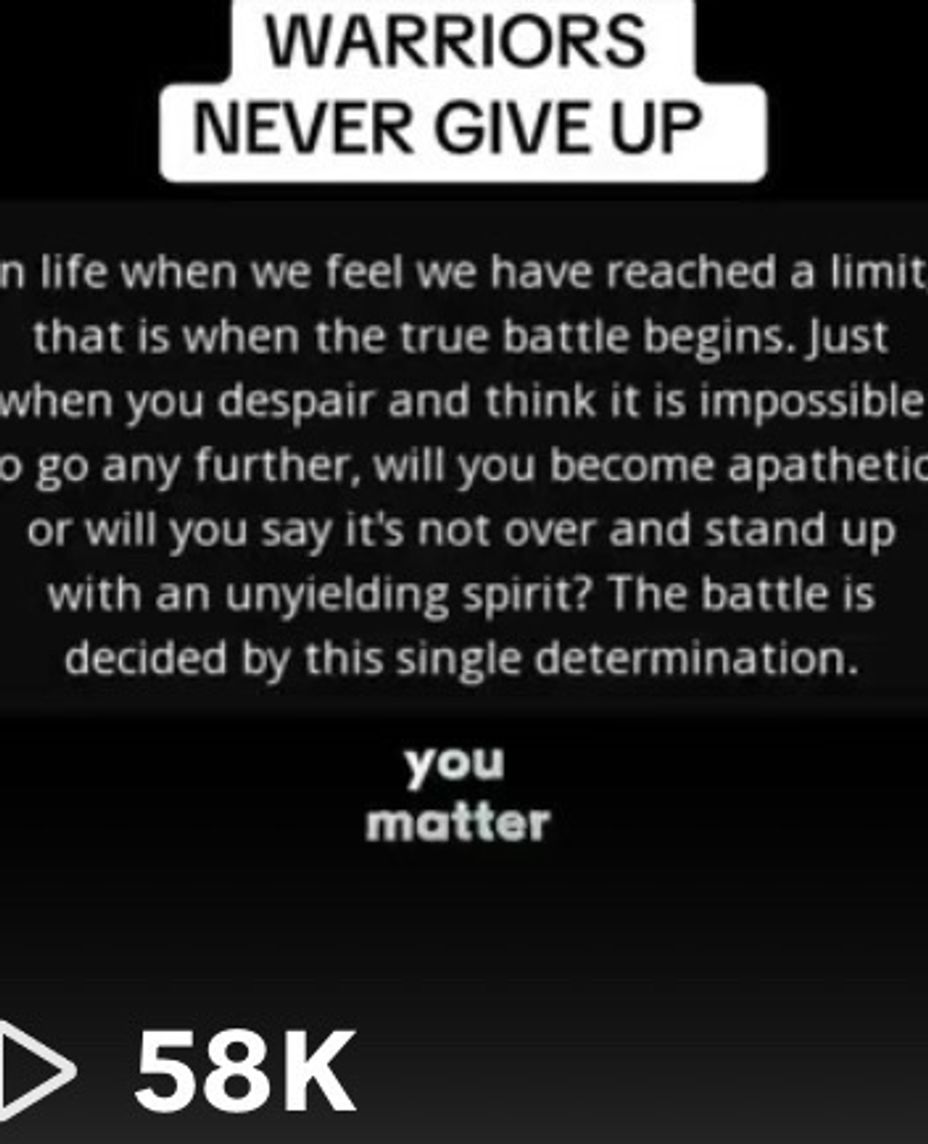
Follow me on my YouTube Channel help get the message out for Suicide Prevention subscribe for free click the link.
👇🏼👇🏼👇🏼
youtube.com/@danpellyinspirationalspeak6168
#warriors #dontgiveup #recovery #viral #trending
#SuicidalThoughts
Today at work was too much. The sensory stressors (ongoing day by day) made me think of ending my life.
I'm sick and tired of this mainstreem ignorance.
There's so much #SuicidePrevention needed, starting with respect for the needs of each other.
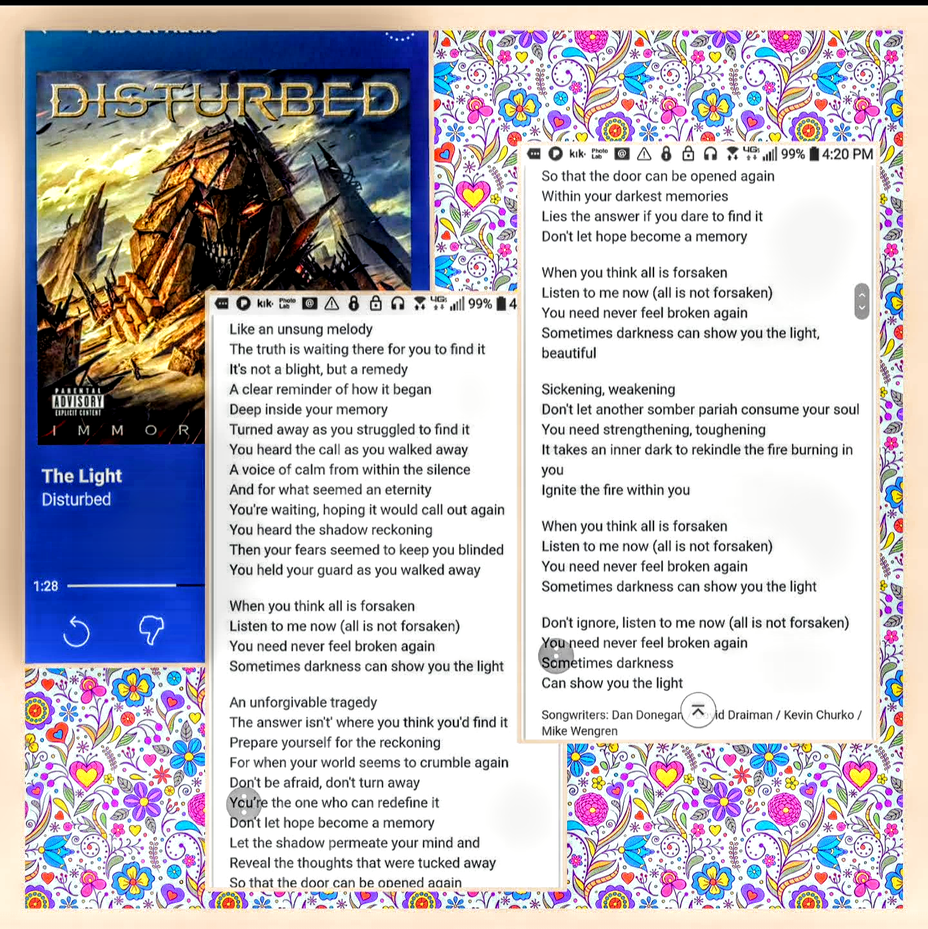
It's ok with me for anyone to copy this, so they can enlarge it so is legable. But this awesome song delves into mental/emotional struggles & suffering and also is about facing issues & stuff ( I suggest that's done in therapy)Being in the dark & the importance of hanging on to Hope & seeing answers, etc., as Light shines upon the problems . That it's always Darkest - before the Dawn. 🌞#SuicidePrevention #SuicidalIdeation #SuicidalThoughts #Suicide #SuicideAttemptSurvivors #Depression
Trigger Warning: This poem contains sensitive topics, dark imagery and graphic depictions of suicidal thoughts. Keep in mind, this is just a poem and not to be taken out of context. Unfortunately for others to hear, I do have a rather dark-toned voice when it comes to writing stories in a poetry format. See this as self-expression and a way to transmute pain into art. As I am already seeking professional help.
If anyone is sensitive to this topic, please do not read further than this message. Your mental health is more important than my art.
......
My arousal
Is it depart from this
God-forsaken planet
Permanently
Not tempted to look back
At the past mistakes
Filled with unfathomable regrets
How can I or anyone close forget?
The relationships
I have obliterated
And ended prematurely
Perhaps it would be
Sapient to fly off
The nearest cliff
To finally end the prolonged
Suffering once
And for all
Aspire to vanish
In the midst
Of a perfect storm
Or arrive at cosy
Setting that is warm
Who am I fooling?
I cannot live on
Like this
Spiralling into a
internal abyss
Inner peace
Shattered
Dreams and hopes
For the future
Battered
Into a million pieces
Before my eyes
As if my whole life
Have been a
Big fat lie
I often flirt with death
Through living in
A heedless manner
Who gives a toss
about a defective planner?
As I strolled
Through an eerie
Swamp
Appeared to be all in black
Absences of any hue
Colour it would lack
Descending into more
Intrusive thoughts
Then stumbled into
an invisible web
All caught up thus far
Accepting the entanglement
Just as peaceful
As a spa
Ironically….
Futile to break free
From my own shackles
Cannot saved through
my own insanity
Perplexed in the
Stygian and chilling swamp
Contemplating on
My life or future
In profound estrangement
And dread
Stream of tears
Began to shred
“Is this what I truly desire?”
I questioned
“Who am I leaving behind?”
If only I can
Rewrite the past or rewind.
#MentalHealth #Depression #AutismSpectrumDisorder #Loneliness #SuicideAttemptSurvivors #SuicidalThoughts #Anxiety #Selfcare #SocialAnxiety #MightyPoets #Neurodiversity #SuicidePrevention #Poetry

Widgets from your phone calendar app can help alot. If not, download one that does. (I like "Good Calendar" app) & I also like to have a "physical" planner (which are on sale this time of year) I easily get feeling #overwhelmed into a state of stagnation & procrastination. Then things don't get done & just keep building up. Increasing the anxiety & stress, turning "overwhelmed" into #confused & #disoriented . which can spin,spiral, & snowball out of control. Which left unmanaged, can lead to #Psychosis &/or take my #SuicidalIdeation to a dangerous point . #SuicidePrevention #Suicide #SuicideAttemptSurvivors #Schizophrenia #Depression #SchizoaffectiveDisorder
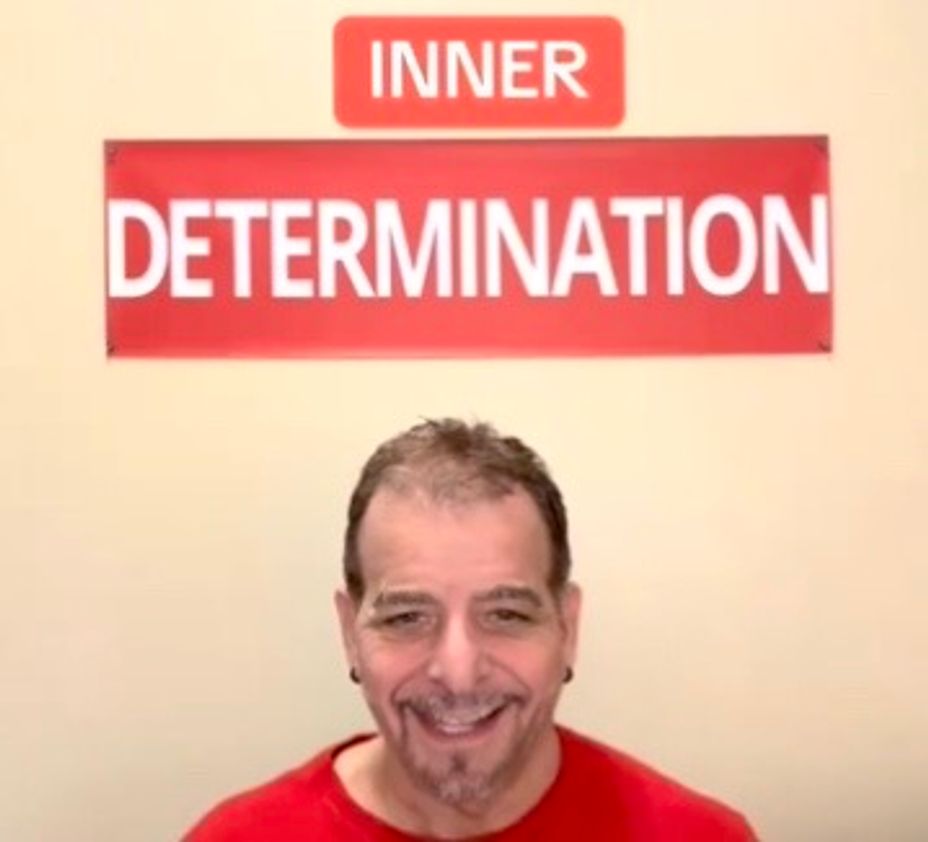
#Determination #nevergiveup #yourlifematters #nopenottoday #keepfightingfoward #fighter #warrior #keepmoving #trend
#recovery #journey #988helpline #sgi #buddhist #endstigma #reachout #trending #socialmedia #SuicidePrevention @followers -
ENTIRE VIDEO ON #youtube
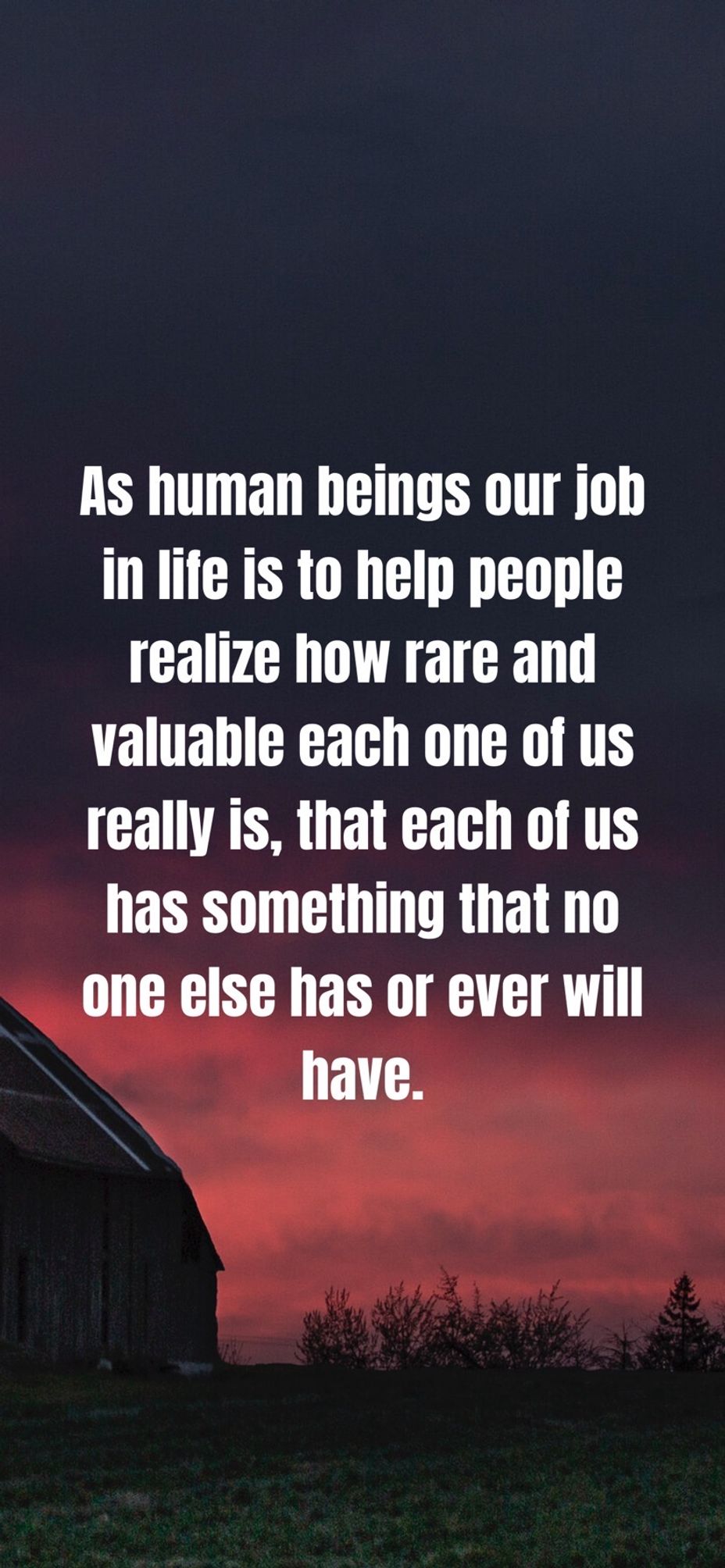
This is the importance of Each one of us.
Please don’t lose sight of this dear Mighty Family, dear Mighty Friends.
#MentalHealth #FamilyAndFriends #inspire #Inspiration #Motivation #Motivational #Depression #MajorDepressiveDisorder #Anxiety #ChronicIllness #Disability #positivethoughts #Positivity #Mindfulness #DepressiveDisorders #MoodDisorders #BipolarDepression #ChronicFatigue #ChronicPain #ComplexPosttraumaticStressDisorder #PTSD #Trauma #Selfharm #SuicidalIdeation #SuicidalThoughts #SuicideAttemptSurvivors #Suicide #SuicidePrevention #youmatter #SocialAnxiety #Empowerment
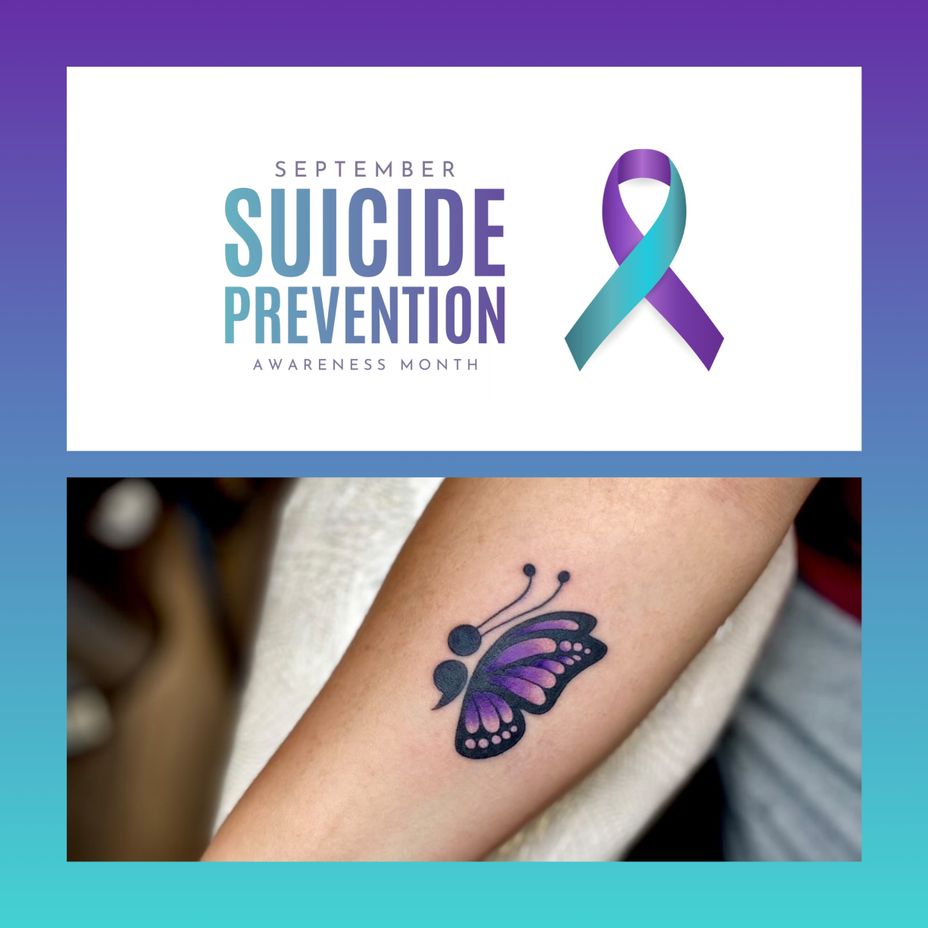
First I want to say, September is Suicide Awareness Month. In honor of this month I shared my thoughts on my personal social media. I shared my own trials and tribulations.. to which my mother made of joke of my post. I will copy and paste what I wrote below and attach the photo I added to the post below:
"Sparkling with resilience, the semi-colon tattoo on my skin tells a story of triumph, a testament to the human spirit's capacity to persevere. It symbolizes the darkest moments, the times I felt lost and hopeless, when surrender seemed like the only escape. Yet, I chose to hold on, to keep going, one day at a time. 💪I think of those who stood by me during my darkest times, their unwavering support, their unconditional love, and their unrelenting belief in me. Without them, I would have missed out on the breathtaking sunrises, the warm embraces, and the joyous laughter, and beautiful celebrations that followed. I would have missed out on the opportunity to love and be loved, to experience the beauty of connection. I would have missed out on meeting my person, and gaining another family and added them to mine❣️. I am a warrior, scarred but unbroken, with a story that will ignite hope in the hearts of those who feel lost. My tattoo is a reminder that life is a tapestry of moments, some dark, some light, but all precious. It's a declaration that I am still here, still fighting, still loving, and still living.The day I got this tattoo, will forever be etched in my memory as a milestone, a celebration of where I am in my journey, and a reminder that no matter what lies ahead, I will face it with courage, with strength, and with the knowledge that I am not alone. This is my testimony. My truth."
My narcissistic mother told me that my post was dramatic, stupid & pathetic.. I feel like my own mothers won't understand me, they will never get me. ever. I feel so unseen, unloved... advocating for things like this because I have been through it more than once is a passion of mine because I want to help others. Spread awareness. #SuicidePrevention #SuicideAttemptSurvivors #OnedayAtaTime